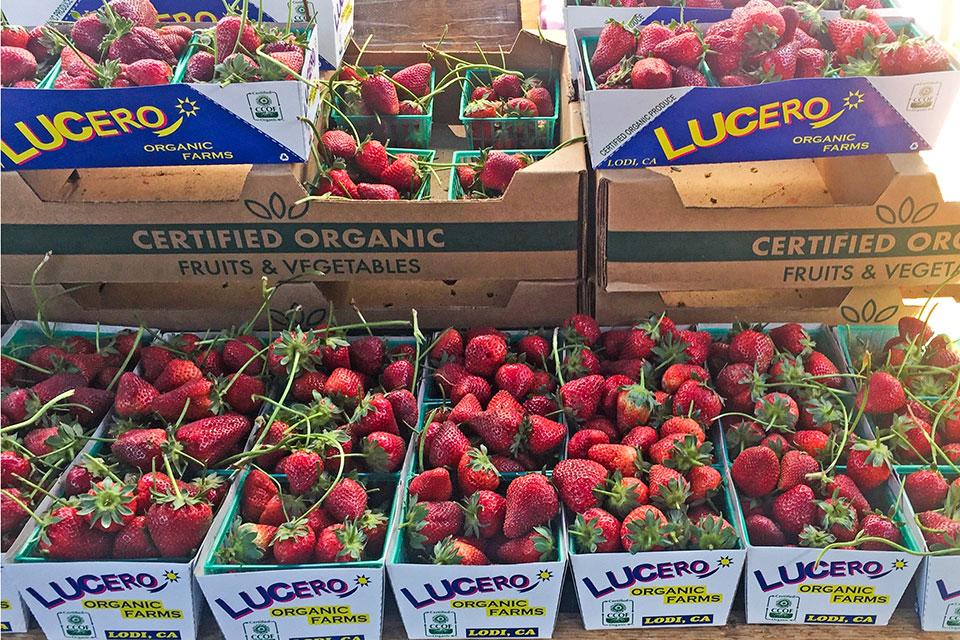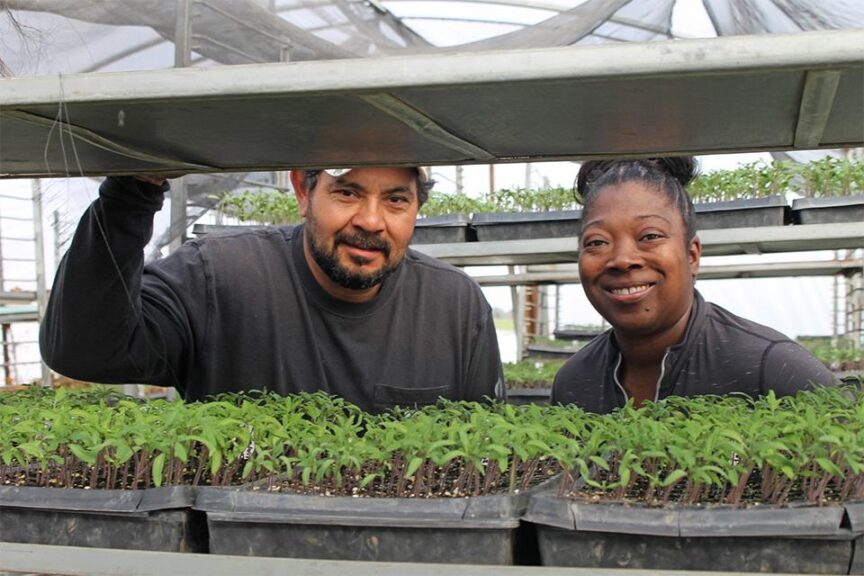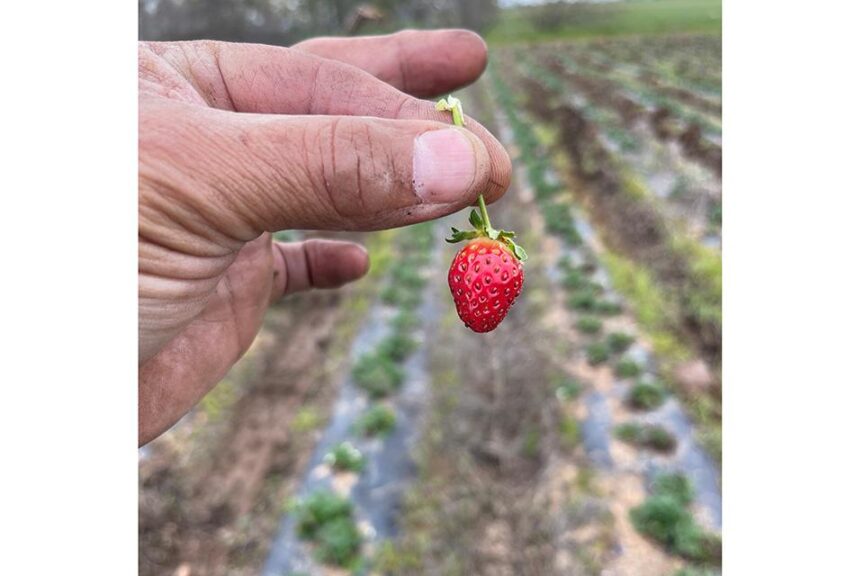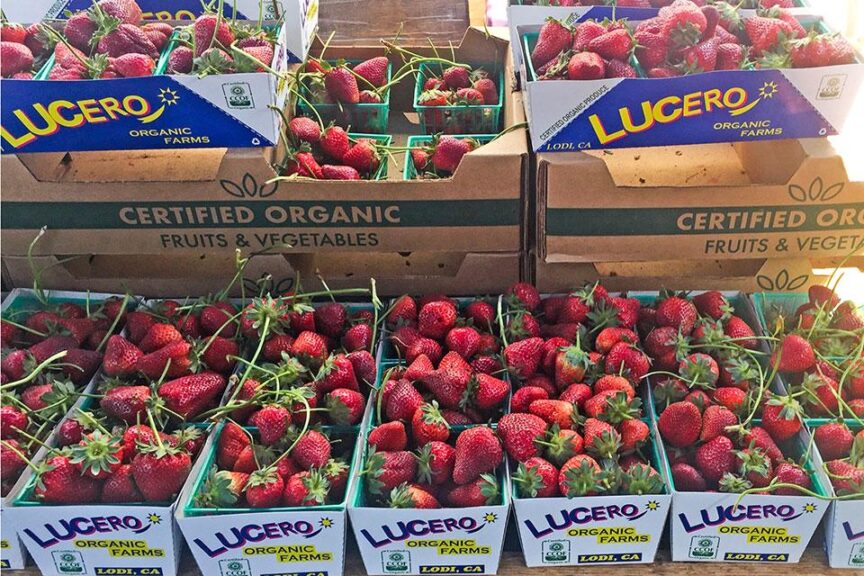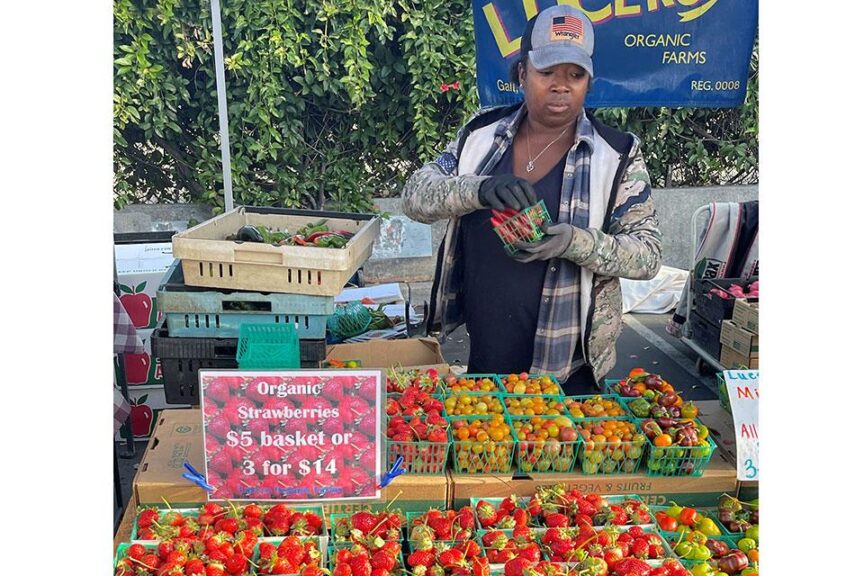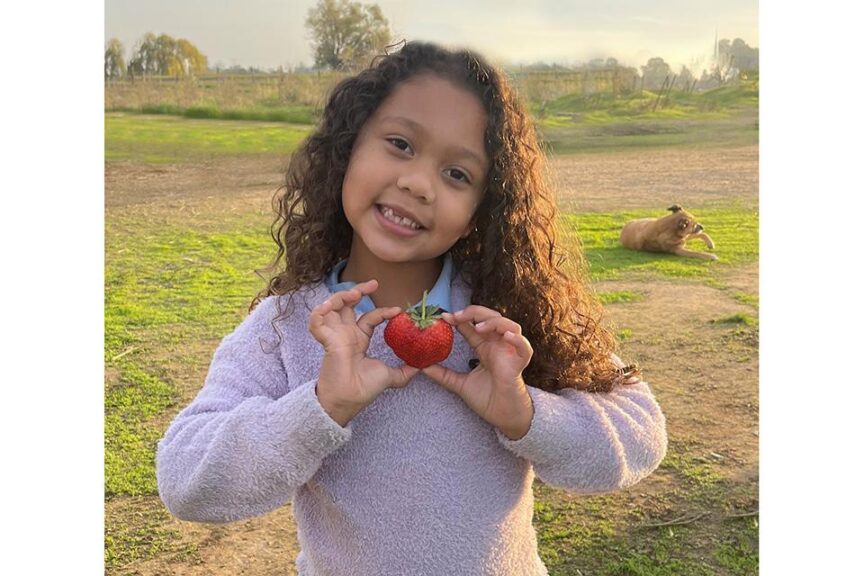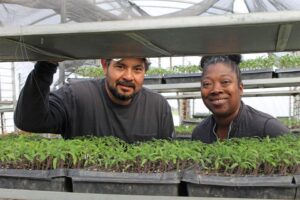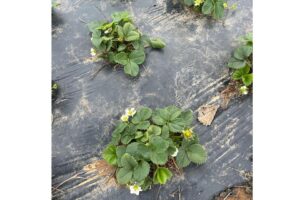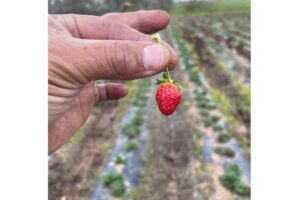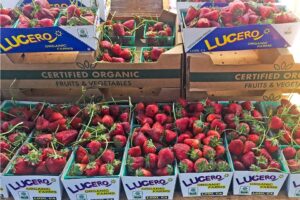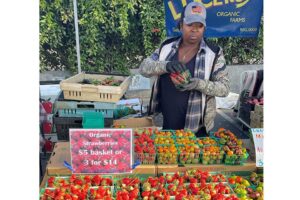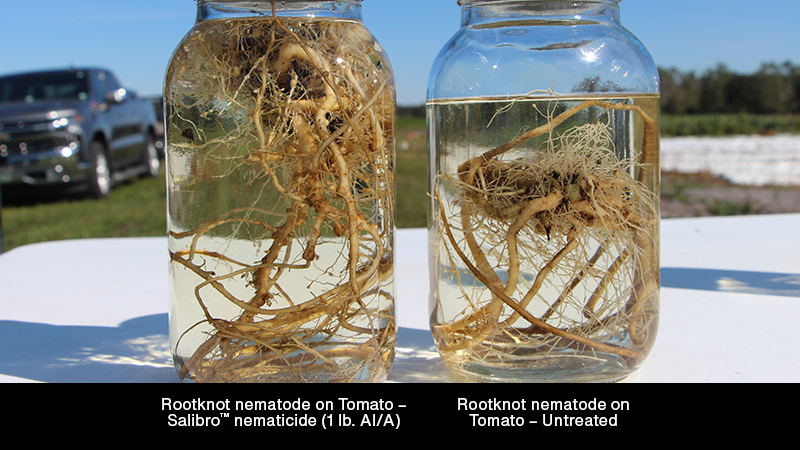How Lucero Organic Farms Has Carved a Unique Niche With Strawberries
Ben Lucero was ahead of his time. He worked the strawberry fields in the 1950s and ‘60s in Watsonville, CA, an area known for berries. He later learned, after starting to grow his own berries, that he would have to distinguish himself from other growers, says son Curtis, who took over when his dad retired.
“Especially the berry growers over in Watsonville, where they grow big berries the size of your fist — though they can be hollow and white inside and have no flavor,” Curtis says. “So, my dad grew his like you’d grow them in your own backyard. They’re smaller but much sweeter, more concentrated. He’d pick ‘em with long stems, so everybody would know the difference between Lucero berries and all the others.”
Back then, before farmers markets blossomed in Northern California, Ben Lucero was wholesaling, selling to the big markets in Oakland and San Francisco. The competition was fierce, and when the San Francisco farmers market was started in 1993, Ben got in that very first year. His son is grateful he got that precious spot, as now the waiting list is long.
It was about that time he was able to start growing the ‘Seascape’ variety, which was released by the University of California, Davis in 1991. ‘Seascape’ was perfect for Lucero, as it is highly productive over a long season. The ever-bearing strawberry also has good disease resistance and remains evergreen in frost-free areas, such as Northern California. It also has, as the Luceros require, long stems.
SECOND GENERATION
As a teenager, Curtis Lucero wasn’t sure farming was for him, and he wanted to see the world. He joined the Army and got his wish. Among other highlights, he was in Germany for the fall of the Berlin Wall. Retiring from the Army after 20 years, he worked at a few jobs before his dad lured him back, and Curtis got hooked on farming.
Today, Lucero Organic Farms is located in Galt, CA, which is in the Northern San Joaquin Valley, much warmer than Watsonville. He focused on the ‘Seascape’ variety, which can take the heat, and after all these years, he has it dialed in. Because he was not looking for tremendous size, but tremendous flavor, he eliminated the irrigation schedule to intensify the berries’ flavor.
“We only water as needed,” he says. “We don’t water on a regular basis, maybe every two to three days in this weather (about 60° F). Over there (on the coast), they are on a regular watering schedule to blow them up.”
ORGANIC FROM THE START
Lucero Organic Farms has been organic since the National Organic Program (NOP) began in 2000. Ben Lucero was already using organic practices almost exclusively, but the NOP required a lot of paperwork to prove it. He balked but soon obliged when he found you could charge more for organic berries.
“Now it seems like conventional growers get close to organic prices,” Curtis Lucero laments. “There used to be a big difference.”
He says organic berries should get a price bump, for a couple of reasons. “One, their berries are huge, so there’s not as many in each container, but it’s mostly the labor (cost),” Lucero says. “Their guys will pick 12 flats an hour; we’re lucky if we pick two an hour. Also, our guys have to find the stem, so it takes longer.”
FARM MARKET FOCUS
In 1998, Lucero met his future wife, Priscilla, and they have been together ever since. She now coordinates their farm market sales, which are extensive. They sell their berries, along with some hard-to-get vegetables, such as okra and an extensive line of mostly heirloom tomatoes, at seven markets in the San Francisco Bay Area. They also have their own farm market, which is open a couple of days during the week.
Priscilla Lucero had her own daycare for many years, and she quickly realized the value of Lucero berries and the intensively farmed vegetables. She would take the kids to the farm, and they would gobble up virtually everything they picked.
“Parents would be like, ‘They don’t eat this at home,’’’ she recalls. “And I would say, ‘Yeah, that’s because you’re buying store-bought stuff.’”
Priscilla is now a board member of the Agricultural Institute of Marin (AIM) — which despite its name now covers all the farmers’ markets in the San Francisco Bay Area. She has learned a lot in her four years on the board.
“I thought it was simple because, as a farmer, you only see one part of it, there’s so much behind setting up,” she says. “It’s advocacy for policy change. It’s not just about advocating for the farmers, it’s about advocating for the consumers, even the land.”
FARMER IS A VIP
Over the years, many chefs in the Bay Area have come to prize Lucero organic berries and other produce. The Luceros now have large dinners outdoors on the farm, where the chefs from the cities whip up gourmet meals. It has become quite a hit, with many of the Luceros’ regular customers at farmers’ markets attending.
“There’s a real partnership between restaurants and farms,” Priscilla says. “We go to San Francisco and go to these Michelin restaurants, and they treat us like royalty. They just bring us out all these dishes.”
Curtis recalls one of their restaurant experiences, smiling broadly at the memory.
“There’s a line out the door,” Curtis says, “and we just got rushed in. The owner says, ‘Come on in, Luceros, come on in.’ Everyone’s like, ‘Why are these people getting ahead?’ But that’s how farmers should be treated.”




